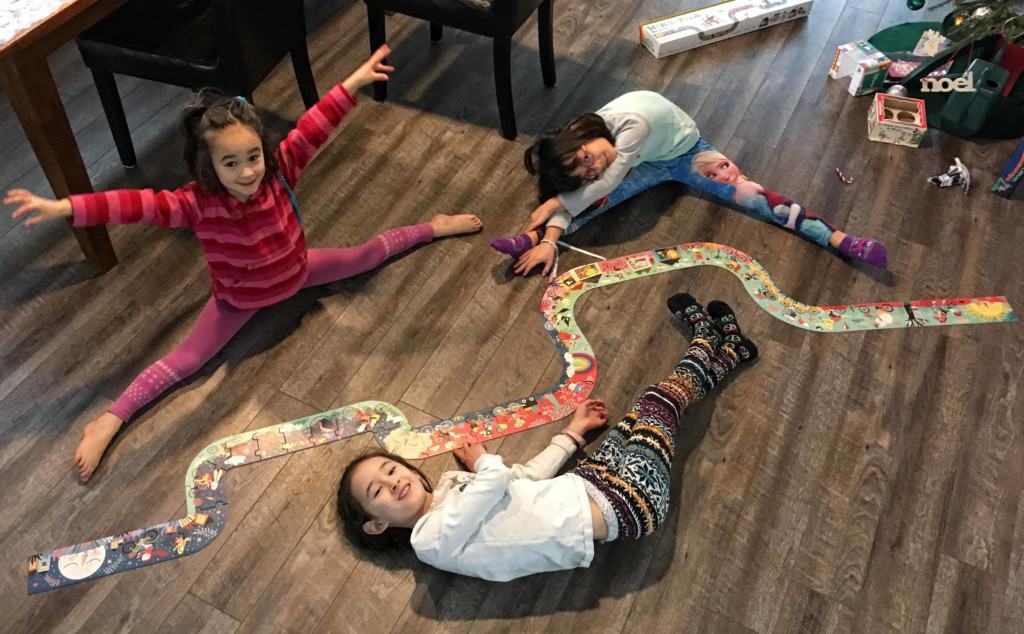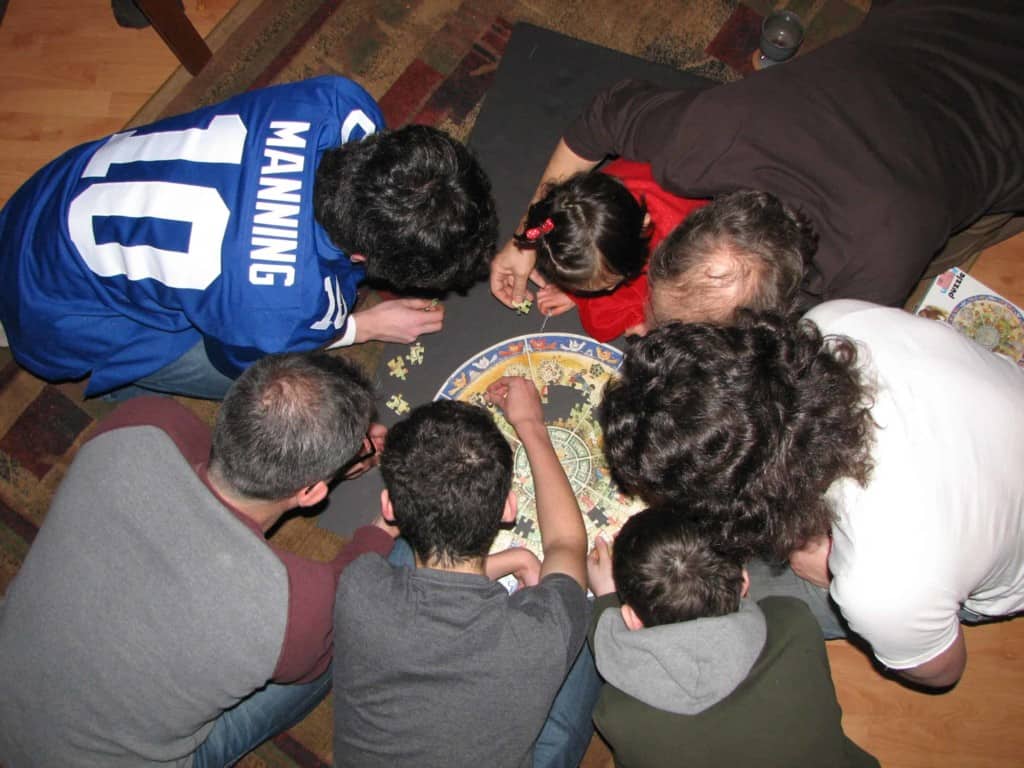Child psychologist advocates play therapy
Dr. Jeanne Williams uses therapeutic play to help families and educators
Have toys, will travel.
Dr. Jeanne Williams gets around—to schools, playgrounds, living rooms, even to Jamaica. She goes anywhere she can engage children in play.
No, she is not a Toys R Us sales rep. She is a psychologist who uses play therapy to help children work through life challenges, as well as to empower families and educators to use therapeutic play at home and in school.
“It is really quite instinctual for children to act out their problems through play,” says Williams. “My office is, of course, filled with toys and as soon as a child comes in, they sit down and start playing with them. Typically the story that is acted out mirrors a concern, problem, or anxiety that is troubling them. With a little guidance, support, and encouragement, they can often resolve the problem and create their own solution through play.”

Play is the way children learn about the world and their place in it. Learning, growing, and changing is fun, especially when it is both mentally and physically challenging and includes social interaction. Through group interaction and problem solving, they learn self-confidence and where they fit into the world. For example, playing video games contributes much less to a child’s development than does playing sports, climbing a tree, or having a pajama party.
In Williams’ practice, a few special controls are added to play to enhance its healing and restorative power. First and foremost is the element of safety. Because children are coming from frightening or stressful situations, they must be supported to work through their issues without fear of censorship. Schoolyard play appropriately has a certain degree of risk. Children are allowed to stretch themselves beyond their comfort zone. In contrast, therapeutic play requires an environment of complete safety and acceptance.

“The toys are symbols. Play is one of the primary ways that children process or come to terms with their issues or challenges, whether it is trauma, or loss, or abuse. Or there may also be behavioural or personality disorders. Play is the natural language of children. It is instinctual. A child’s play expresses their feelings and their unconscious thoughts.”
She adds: “For the past two summers, I have been visiting Jamaica and working with staff at children’s clubs. These are some of the most violent and disenfranchised neighbourhoods in the world. However, when children are encouraged and supported in restorative play, they are actually able to transcend their circumstances and process their trauma. Their behaviour changes.”
Williams’ interest in play therapy emerged as a natural extension of her work with families. She earned her masters degree in Denver, Colorado and then continued her studies at California Southern University. She recently completed a doctorate of psychology.
Williams and her husband David chose to settle in Alberta Ave seven years ago. “We have always enjoyed living in places where there is cultural and economic diversity and a strong sense of community. In 2011, we bought our home on 94 Street and have been thrilled living here ever since.”
The couple can also be seen regularly volunteering at community festivals and attending neighbourhood events. Since their move, Williams has assisted families and agencies in understanding the role that play can have in bettering the lives of children.
“In addition to counselling from my office, I have led staff training at the Boys and Girls Club in McCauley, have worked with mothers at the shelter for abused women, and have occasionally been able to provide assistance to families on limited incomes at a reduced fee.”
Williams offers short presentations (20-60 minutes) at no cost for teachers, parents, or others who spend time with children. She offers longer training sessions for a fee (half a day, full day, or more). Reach her at drjeannewilliams@gmail.com, or at 780.757.8880.
Featured Image: Outdoor play is a great for exercise as well as gaining physical confidence. | Marcel Lajeunesse







